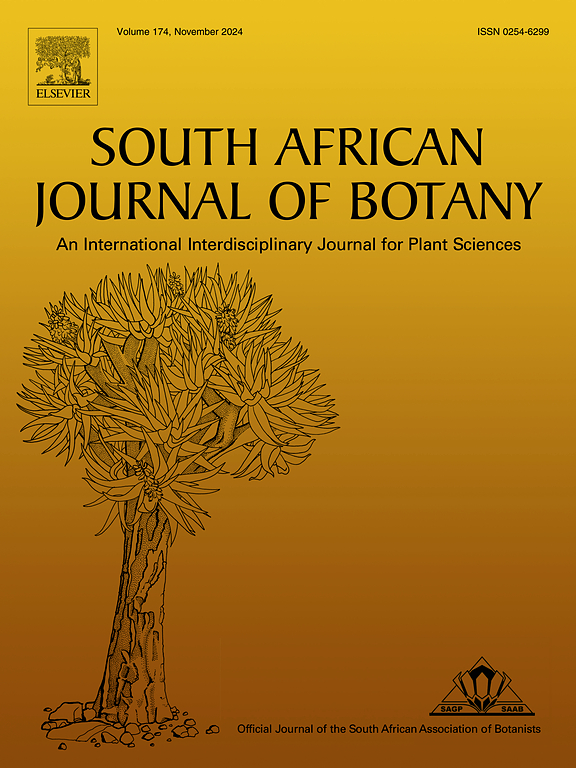Harnessing plant defense: Elicitors, hormones and immunity-driven production of medicinally valuable secondary metabolites
IF 2.7
3区 生物学
Q2 PLANT SCIENCES
引用次数: 0
Abstract
Humans have relied on plants for centuries, not only due to their roles as primary producers but also for their compounds associated with medicinal applications. However, problems pertaining to its low production due to seasonal, geographic or environmental changes remain a challenge. Elicitation is one of the effective techniques which activate the defense mechanisms of plants and stress signal transduction pathways. Elicitation can be achieved through the use of elicitors, which are classified as either biotic or abiotic. These elicitors act as stress agents that activate secondary metabolic pathways, resulting in the enhanced synthesis of bioactive molecules in plants. Specifically, elicitors mimic the actions of plant signaling molecules and induce the production of reactive oxygen species (ROS), which in turn stimulate the synthesis of defense hormones and both enzymatic and non-enzymatic antioxidants to counteract the effects of ROS. Consequently, applying elicitors as stimulators for product yield represents a promising strategy for enhancing the productivity of secondary metabolites within a relatively short time frame. However, the selection of an appropriate elicitor or a combination of elicitors is crucial for the large-scale production of specific secondary metabolites. Therefore, this review seeks to provide a comprehensive overview of the elicitors and the intricate interactions between plant defense mechanisms and secondary metabolite production. In this context, silver nanoparticles (AgNPs), methyl jasmonate (MeJa), and fungal elicitors are the primary focus of this paper, examining how these elicitors contribute to immunity-driven synthesis of medicinally significant metabolites and the pathways involved in this process.

求助全文
约1分钟内获得全文
求助全文
来源期刊

South African Journal of Botany
生物-植物科学
CiteScore
5.20
自引率
9.70%
发文量
709
审稿时长
61 days
期刊介绍:
The South African Journal of Botany publishes original papers that deal with the classification, biodiversity, morphology, physiology, molecular biology, ecology, biotechnology, ethnobotany and other botanically related aspects of species that are of importance to southern Africa. Manuscripts dealing with significant new findings on other species of the world and general botanical principles will also be considered and are encouraged.
 求助内容:
求助内容: 应助结果提醒方式:
应助结果提醒方式:


